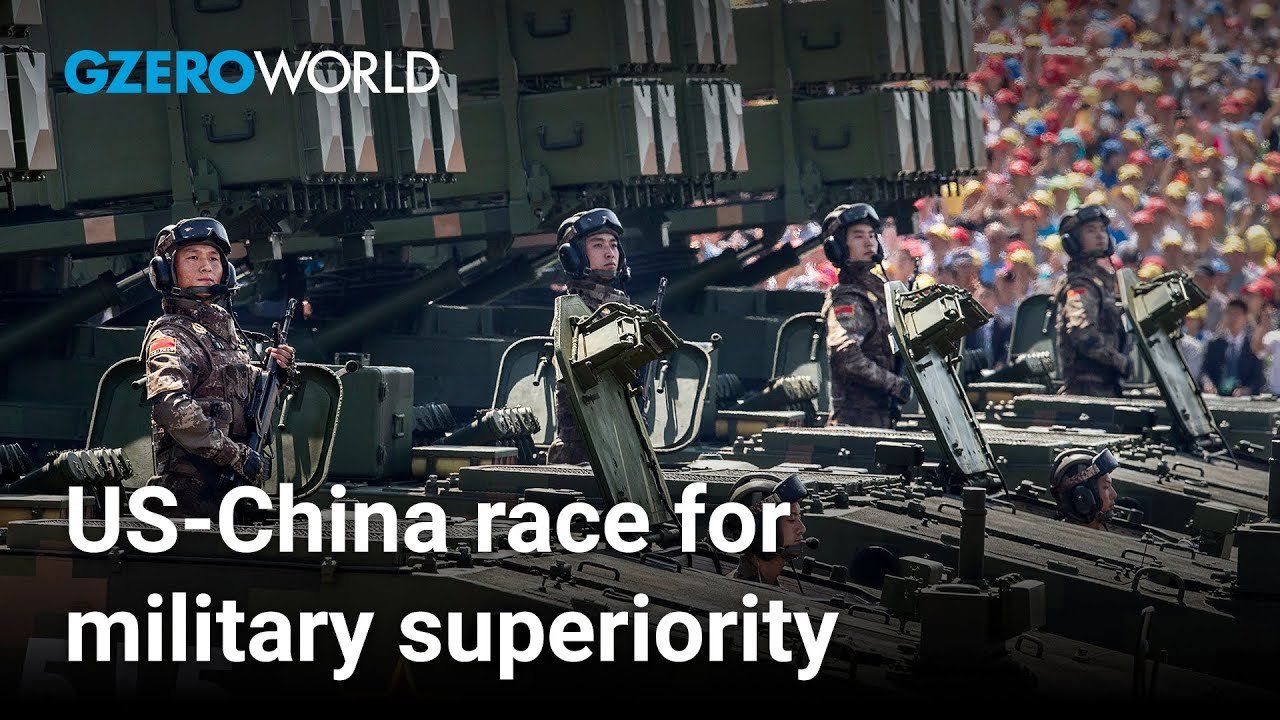GZERO World Clips
US aims to maintain military advantage over China by controlling tech

US aims to maintain military advantage over China by controlling tech | Nick Burns | GZERO World

“In critical areas, essential for our national security, we're not going to permit trade,” Burns says, “There's a lot of complaints that I receive from my Chinese counterparts about our de-risking strategy, and I remind them you're doing the same thing.”
Prohibiting the sale of semiconductors isn’t about limiting China’s economy or tech industry, but about maintaining America’s advantage in the race for military development. Burns points to growing tensions in the Indo-Pacific, where the US is keenly interested in maintaining military superiority, and says that so far Washington’s action has been limited to a small yard. Limiting chip exports, he says, is the only way to prevent Chinese leadership from acquiring powerful technologies that could tip the balance of power.Will AI change the balance of power in the world? At the 2026 World Economic Forum in Davos, Ian Bremmer addresses how artificial intelligence could redefine global politics, human behavior, and societal stability.
Ian Bremmer sits down with Finland’s President Alexander Stubb and the IMF’s Kristalina Georgieva on the sidelines of the World Economic Forum to discuss President Trump’s Greenland threats, the state of the global economy, and the future of the transatlantic relationship.
GZERO World heads to the World Economic Forum in Davos, where Ian Bremmer lookst at how President Trump’s second term is rattling Europe, reshaping both transatlantic relations and the global economy, with Finland’s President Alexander Stubb and the IMF’s Kristalina Georgieva.